Between lip filler and Brazilian butt lifts, buccal fat removal and implants, plastic surgery has established itself as the most popular form of surgery in the 21st century — and the most dangerous.
Since 2019, there has been a 19% increase in cosmetic surgery procedures, with 26.2 million cosmetic and reconstructive procedures performed in the U.S. in 2022 alone. Liposuction, breast augmentation and abdominoplasty are among the most common surgeries for women aged 40-54 years old, and less invasive procedures like lip filler and rhinoplasty are leading the pack for women aged 20-29 years old according to the American Society of Plastic Surgeons.
The invention of plastic surgery was a military innovation to help repair the disfigured faces of soldiers injured in battle but has since evolved into a lucrative industry aimed at capitalizing off of women’s insecurities.
Now, plastic surgery is almost exclusively used for aesthetic refinement, and advancements in technology and medicine have rendered these procedures safer, more accessible and increasingly customizable, catering to the diverse needs and desires of patients.
The target demographic for plastic surgery is unsurprisingly women, particularly middle-aged women desperate to smooth out years-worth of crows’ feet and smile lines. Millions of women feel pressure from peers and even their doctors to go under the knife, including ‘Friends’ star Courtney Cox. “Well, what would end up happening is that you go to a doctor who would say, ‘You look great, but what would help is a little injection here or filler there,'” the actress explained.
With societal beauty standards raining down hardest on women, it comes as no shock that plastic surgery has grown into the profitable industry it is today. But a worrisome pattern shows that the main demographic of women getting plastic surgery is getting younger and younger.
Now in her late 20s, Sabrina Weiss was only 14 when she begged her parents to let her get a nose job. “I felt it was a defect,” she told CNN. As a teenager, “It was a central obsession in my self-hatred. … I felt like it was all anyone saw when they looked at me.” Shortly after graduating from high school, her wish came true. Weiss got rhinoplasty to reduce the bump on her nose, but years later, she regretted her adolescent decision.
Teenagers are the most vulnerable to the allure of plastic surgery. Due to the omnipresence of social media in every aspect of teenagers’ lives, many draw conclusions about life from what they see online. Part of this entails beauty standards which they derive from the content creators known for their beauty tips and makeup hacks. But many creators fail to tell their viewers their best and most well-kept beauty tip of all: plastic surgery.
Already susceptible to the impossible standards set for women, teenagers are often left with severe body dysmorphia by comparing themselves to influencers they see online. Celebrities like Kylie Jenner and the entire Kardashian family are fueling the fire of insecurity, known to lie about the plastic surgery procedures they’ve had. When people hold their own beauty to the standards of celebrities, they are unknowingly comparing themselves to millions of dollars worth of cosmetic work, oftentimes fake teeth, fake lips, fake hair and even fake bodily proportions.
Junior Alika Cho shared her opinion on plastic surgery and how social media can skew young women’s self-image. “Something we fail to recognize is that their [influencers] jobs are to be appealing and attractive to the general public. We compare ourselves to these people whose occupations are to look perfect or pretty and achieve that with plastic or artificial practices,” she explained. “‘It’s really damaging for many people, especially younger people, to live with the narrative that there are “naturally” beautiful celebrities versus regular or average people,’” she continued.
Beyond the mental cost that plastic surgery has on women and teenagers, the monetary cost of surgery is staggering.
Plastic surgery is not covered by insurance in most cases, meaning only the ultra-rich can afford plastic surgery by paying out of pocket. Non-invasive injections like botox or filler can cost up to 1 thousand dollars, while invasive procedures like facelifts and abdominoplasties can reach 10 thousand dollars out of pocket.
But impressionable audiences without the faculties to pay for these procedures must seek out other methods, with some even seeking surgery in foreign countries in a desperate attempt to fix insecurities and pinch a penny or two. This trend, called ‘medical tourism,’ motivates women to travel to Mexico and Turkey for cheap surgical procedures. However, many patients are left disappointed when what seemed like a clever loophole leaves them botched, and in some cases, permanently disabled.
Justine Rodriguez, a 37-year-old woman from Idaho, traveled to Tijuana, Mexico in 2016 to receive a bariatric surgery to lose weight. The procedure would have cost 30 thousand dollars in the U.S., but was only five thousand dollars in Mexico, so Rodriguez decided to get the surgery. “I was nervous about the surgery, but like I said, I was desperate,” she explained.
Just days after the surgery, Rodriguez suffered from an abscess in her abdomen, the beginning of a near-death experience where she underwent numerous life saving surgeries, landing her in nearly 1 million dollars of debt. “My lungs collapsed. My kidneys and my liver were going,” she told Fox News. “The infection went to my brain.”
Plastic surgery has created a culture of aesthetic obsession, taking down millions of susceptible women in its path to heighten beauty standards that are already unrealistic for most. But as women begin to embrace the natural look, there is hope on the horizon for improved self-esteem, growth and acceptance. Cox gave a positive perspective of her journey with aging: “Those aren’t wrinkles — they’re smile lines.”









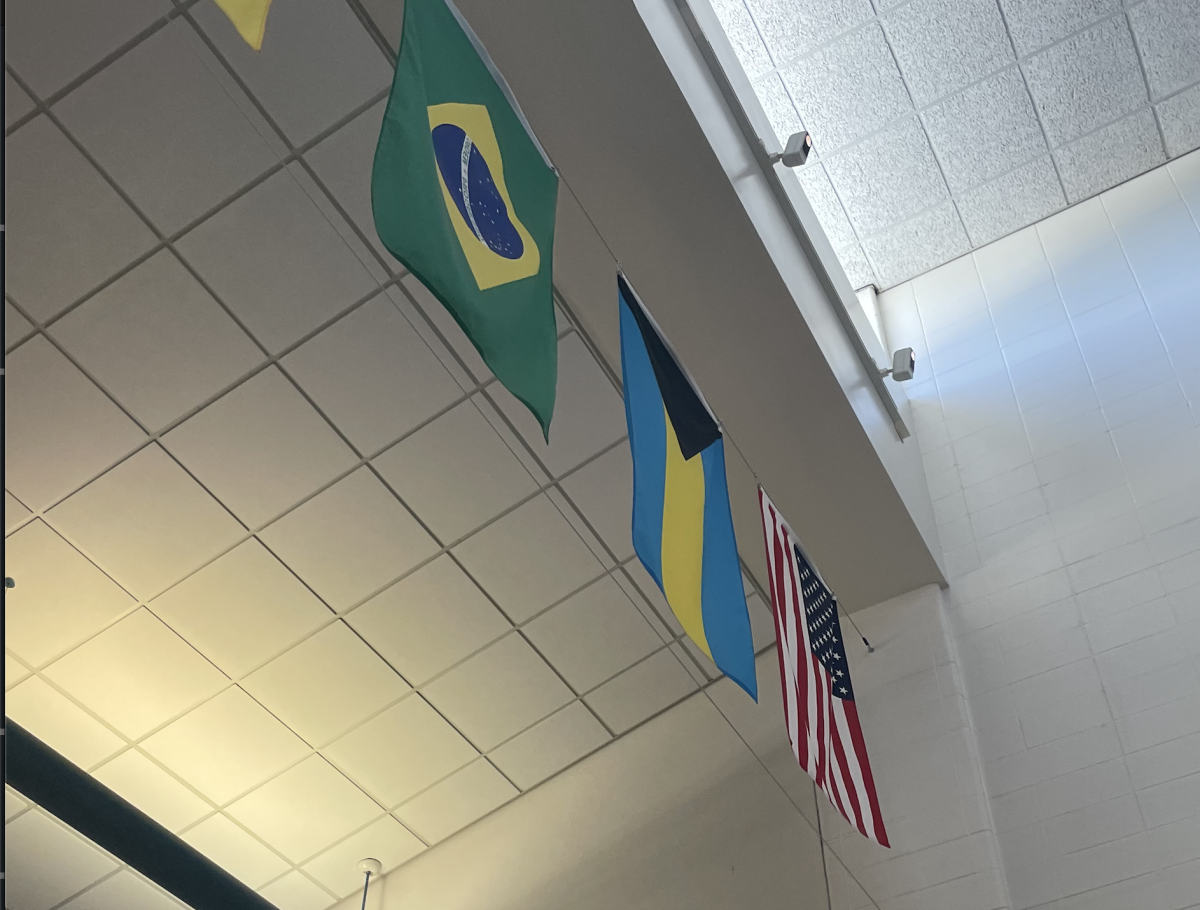
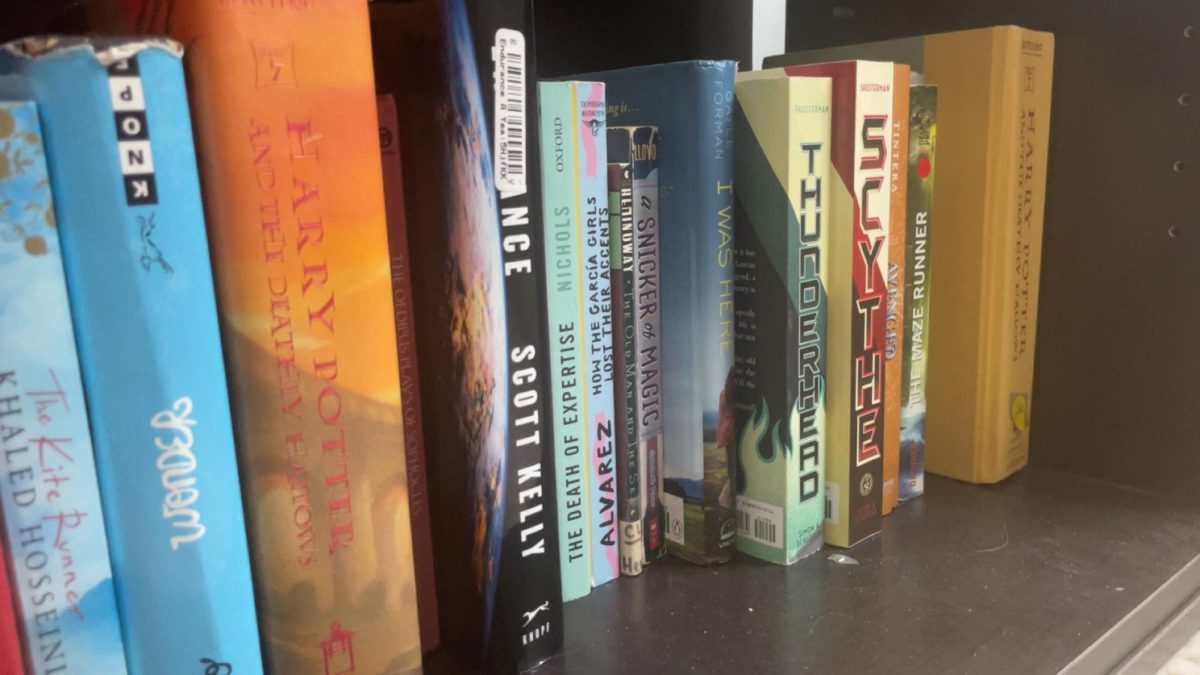
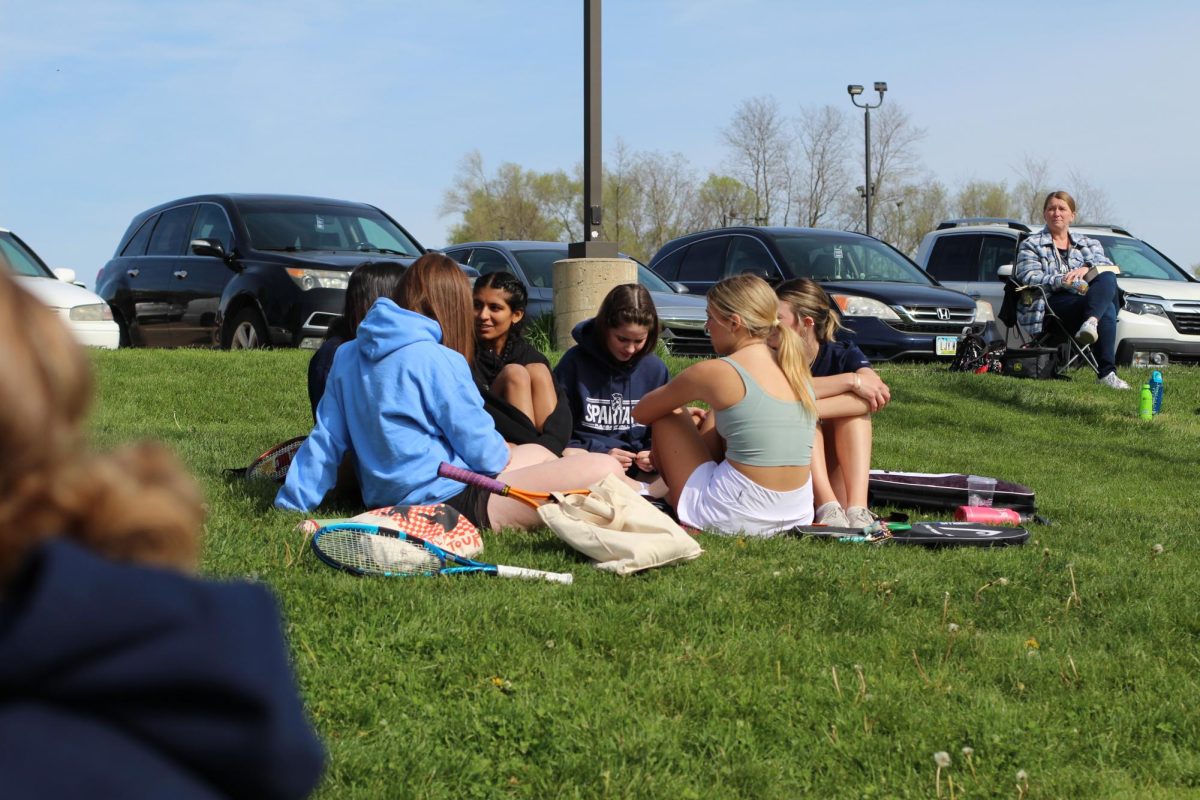
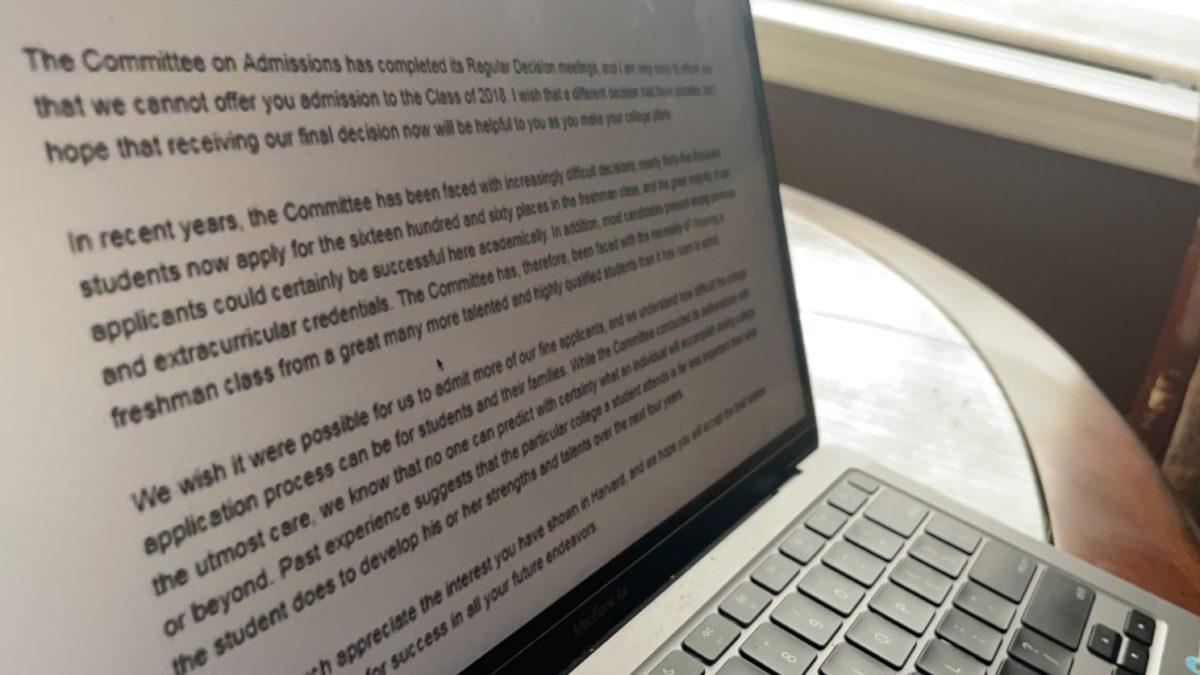
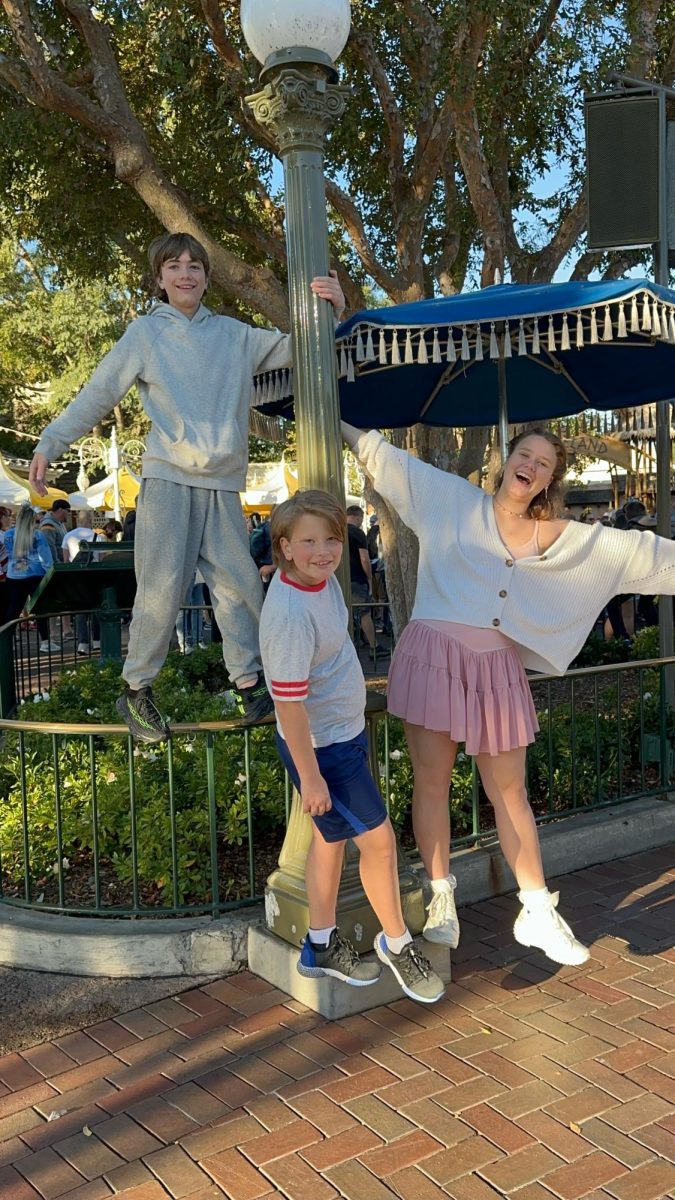
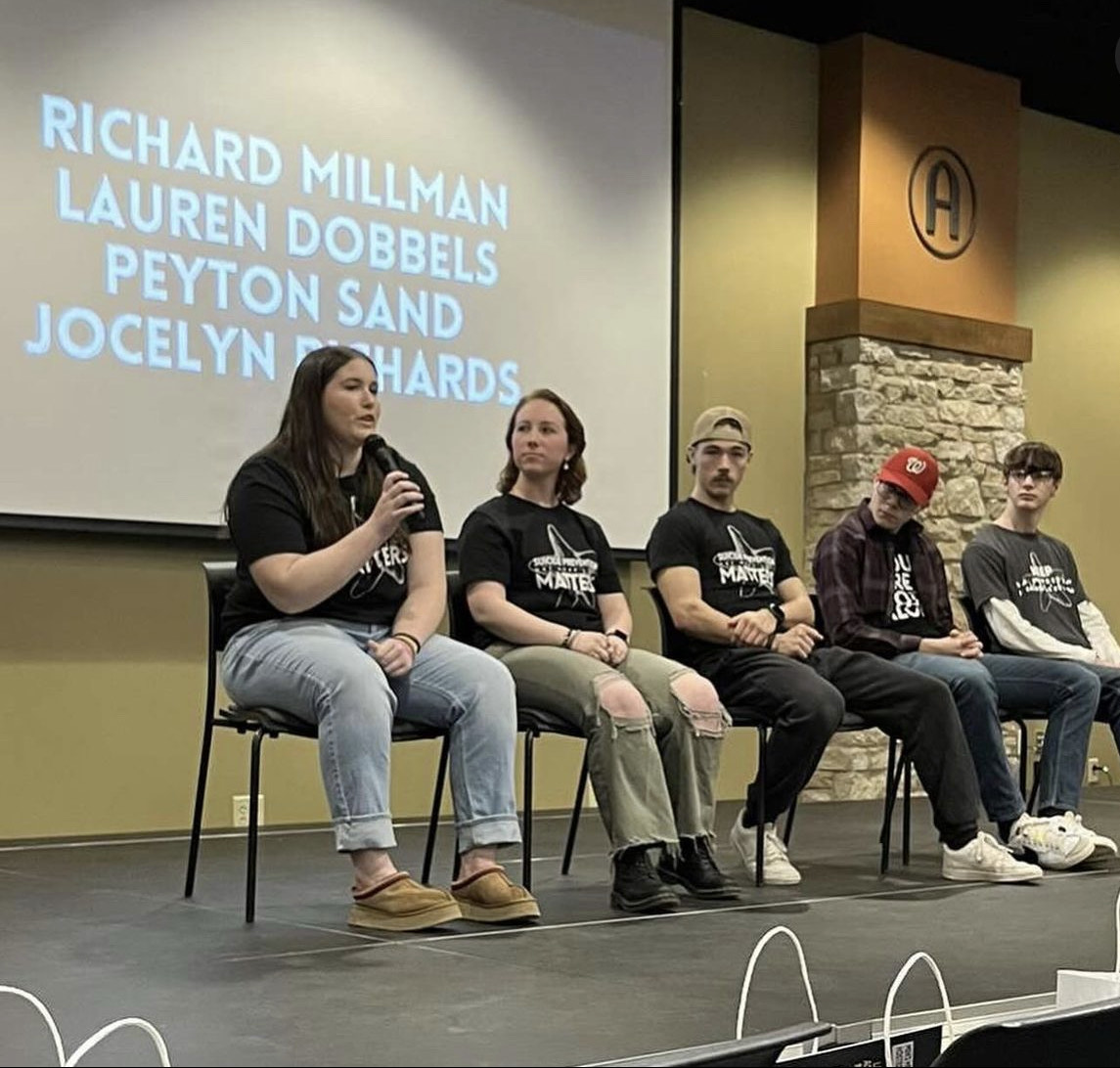
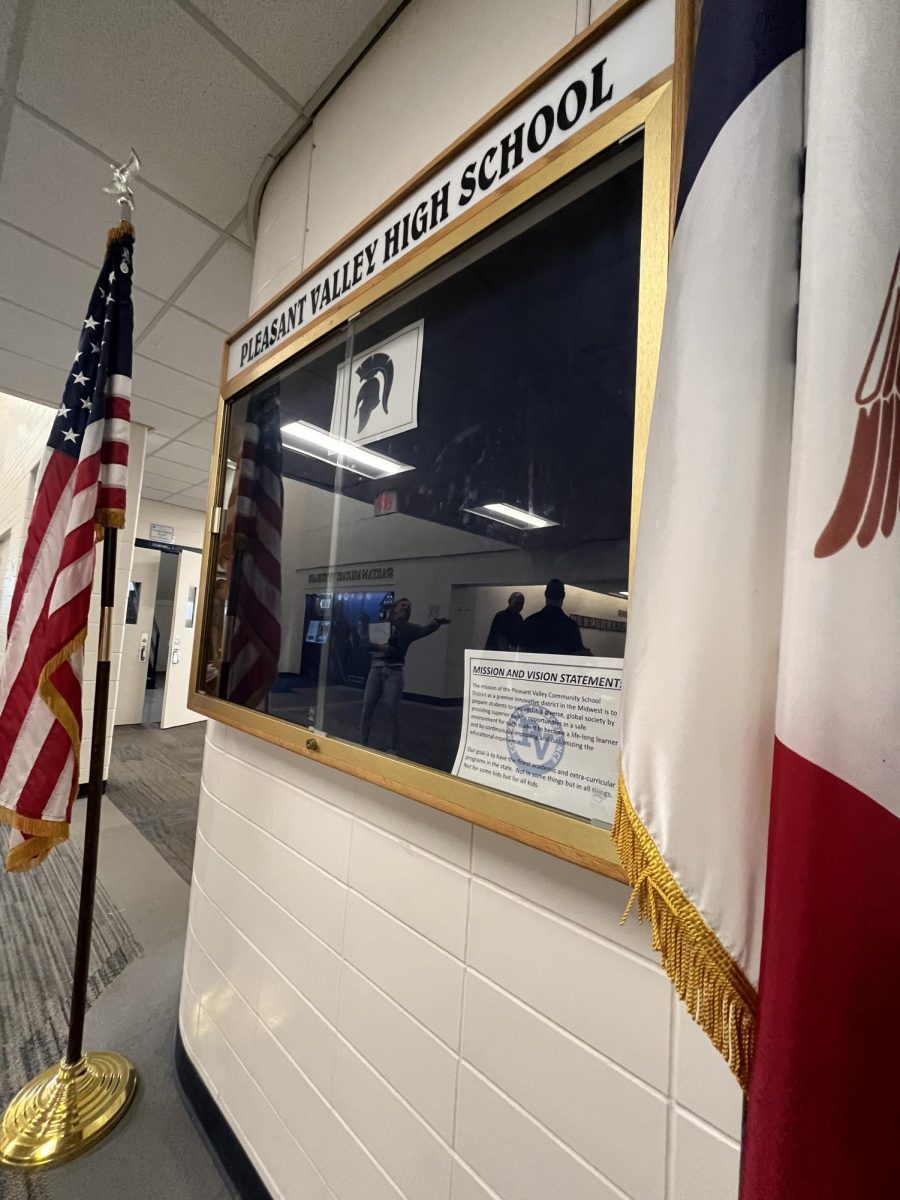
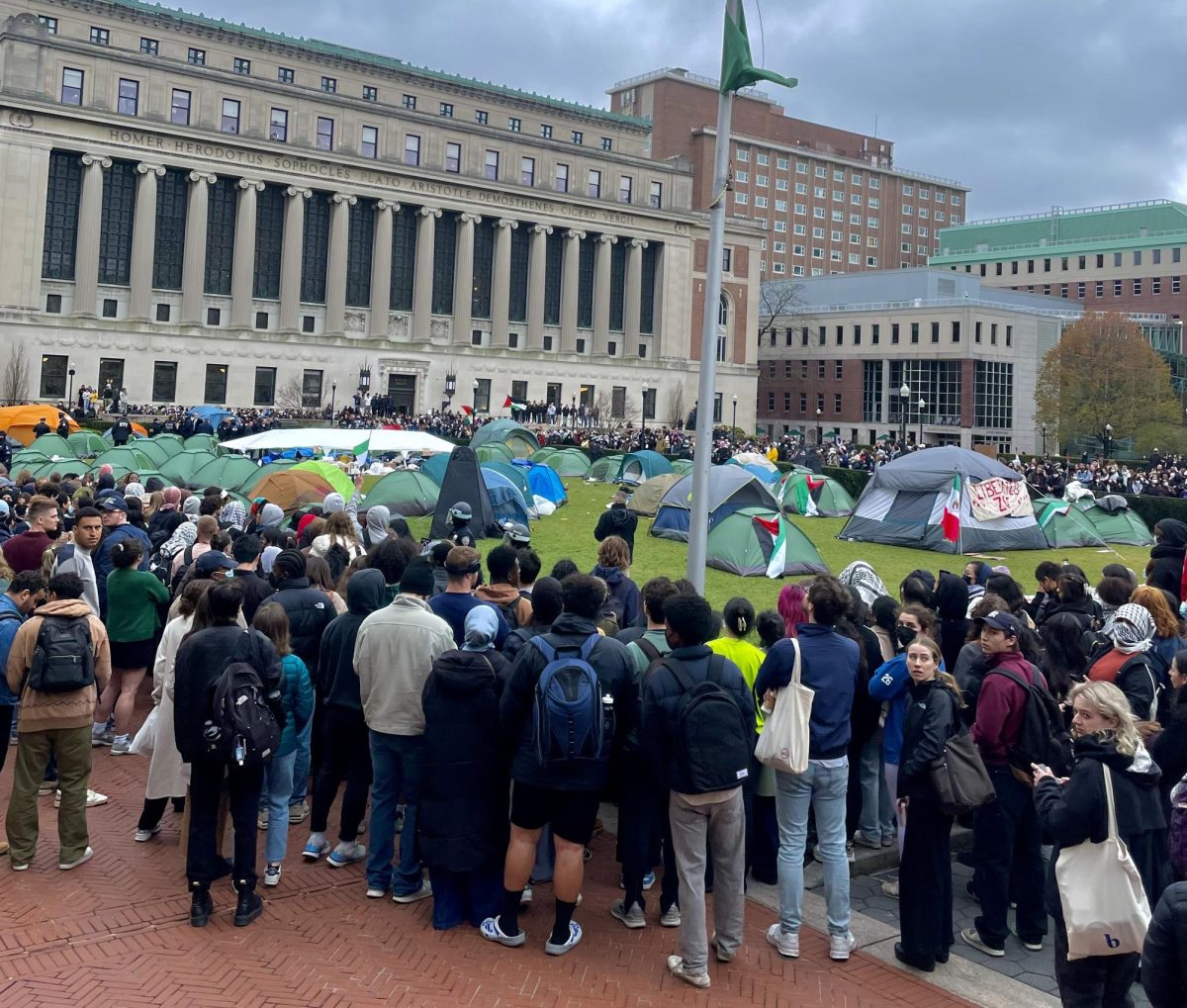



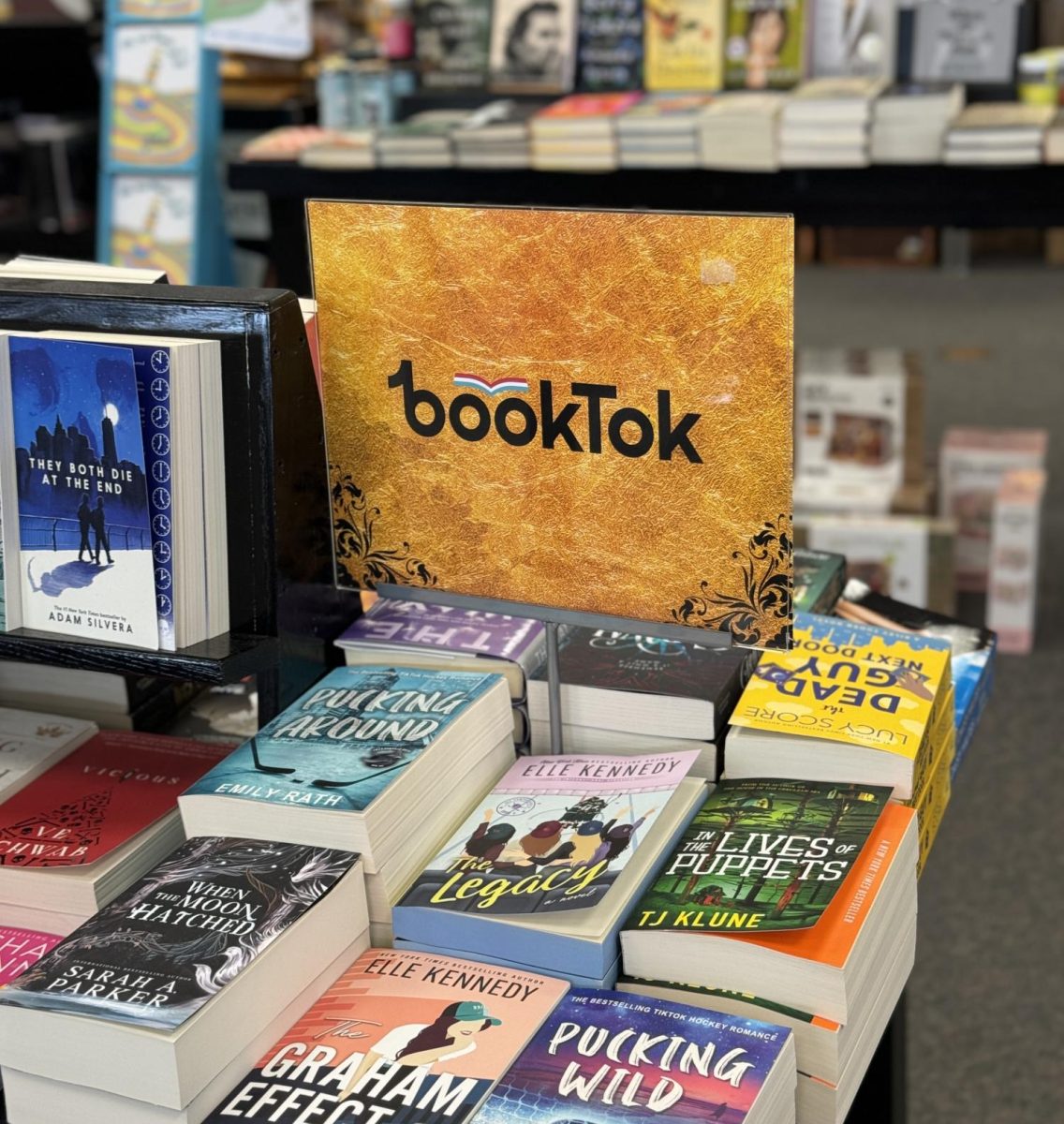
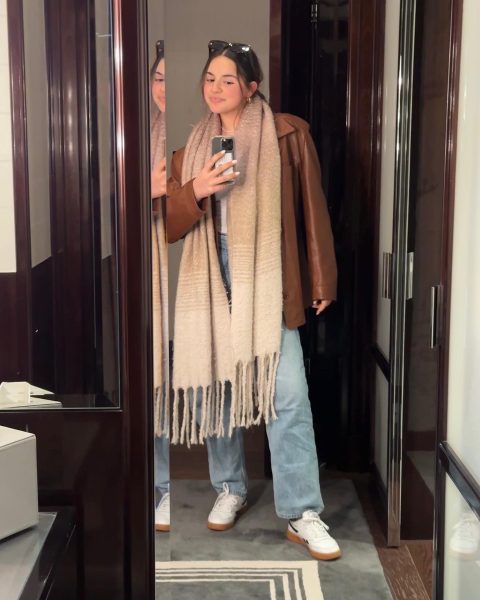
Ella • Feb 25, 2024 at 11:48 pm
This article is brilliant. I love the subtle mentions of influencers’ roles and how it is affecting teenagers across the country. Reminds us of the true power of influencers especially when dealing with insecurities.